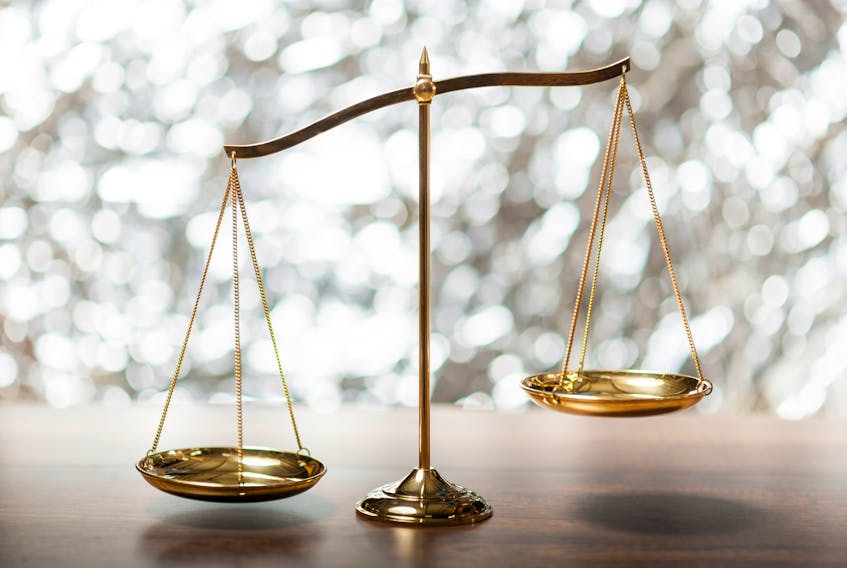Maybe it’s a solution, or maybe it’s a whole different kind of problem.

Bill C-51, which focuses on a bunch of different issues in the Criminal Code (including, oddly, the removal of “crime comics” from the list of obscene materials) describes itself as a kind of cleanup bill. The stated purpose of the act is to remove or amend sections that have been found to be unconstitutional, and to remove or amend “passages and provisions that are obsolete, redundant or that no longer have a place in criminal law.”
But the act does something else as well, something that’s raised more than a bit of ire with defence lawyers.
In what looks like a clear response to cases like the Jian Ghomeshi trial, the federal government is changing the rules about how sexual assault trials are to be handled — more to the point, how defence lawyers can use things like past email communications between an alleged victim and the accused.
In the Ghomeshi case, defence lawyer Marie Henein successfully used exactly that kind of past communication to discredit the three complainants in the case, arguing that their conduct and correspondence with Ghomeshi, both before and after the alleged assaults, were at odds with their testimony.
The federal government’s summary of the proposed change says part of the legislation “modifies certain provisions of the Code relating to sexual assault in order to clarify their application and to provide a procedure applicable to the admissibility and use of a complainant’s record when in the possession of the accused.”
What the change in the law does, in bare terms, is to add to the already existing requirement that an accused’s defence can’t use a complainant’s prior sexual activity or history against them without a hearing where a judge determines whether that evidence is relevant and necessary for a fair hearing of the case.
The mechanism the federal Justice Department has chosen is to broaden the definition of “sexual activity” like this: “For the purpose of this section, sexual activity includes any communication made for a sexual purpose or whose content is of a sexual nature.” In other words, prior sexual activity won’t just be what a complainant has taken part in in his or her past, it will also be anything they might have talked or written about in the past. (I know, this is all a bit of a brain buster.)
What the change in the law does, in bare terms, is to add to the already existing requirement that an accused’s defence can’t use a complainant’s prior sexual activity or history against them without a hearing where a judge determines whether that evidence is relevant and necessary for a fair hearing of the case.
It’s a significant change, because it will mean that defence lawyers will have to reveal some of their trial strategies in advance; instead of potentially surprising victims with their own words, defence lawyers will have to get permission in advance from the judge in the case to introduce such records, and the prosecutors and victims will know in advance what things they might be facing. Complainants in those cases will be able to be represented by their own lawyers, to argue against the admissibility of things like the emails used in Ghomeshi.
The change is being applied only to sexual offences. Fundamentally, then, it’s another legal recognition that sexual assault is a crime of a different sort than other crimes. Because of that difference, the government is willing to impose tighter restrictions on the rules about how far the accused can go to argue their own case.
Revealing the defence strategy, some lawyers argue, presents another danger as well: that complainants, with the defence’s cards on the table, will tailor their testimony to avoid being caught out in a lie.
It’s a stopgap solution for a clear problem in successfully prosecuting sex cases; defence lawyers argue it could send innocent people to jail.
A solution, or a whole different problem? That depends on where you’re sitting in the courtroom.
Russell Wangersky’s column appears in 39 SaltWire newspapers and websites in Atlantic Canada. He can be reached at [email protected] — Twitter: @wangersky.









